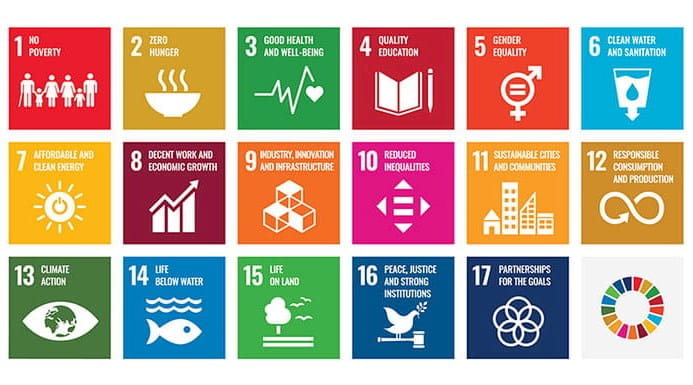When Jennifer Johnson, Audit Transformation Director leading digital development for the audit practice at Grant Thornton (GT), first considered volunteering she felt nervous and unsure about what she could offer. Nonetheless, when she signed up as a volunteer for the Rise initiative, which aims to bring together UK employers of all sizes to boost flagging social mobility, she was surprised to find there was much she could offer – and gain – through volunteering.
The need for volunteers
Official figures for the most recent participation rates in formal volunteering (at least once a month) show that they fell to their lowest recorded numbers since data collection started on the Community Life Survey. In 2021/22, 16% of respondents (around seven million people in England) took part in formal volunteering at least once a month. Just two years earlier, in 2019/20, the figure had been 23% (around 11 million people in England).
At GT though, the firm has been encouraging its workforce to participate in fundraising and volunteer work, offering staff three days a year to dedicate to charity work.
For Johnson, who has worked at GT for 20 years and is a mother of two, one of the attractions of the Rise programme was that it asked for a one-off participation; this looser commitment – with no need to sign up for ongoing volunteering – appealed. But it was her self-acknowledged privileged position that clinched the deal: “Because of our household and the area in which we live, we are in a privileged position. My children go to good schools that offer lots of career opportunities where they can talk about what they want to do and meet different kinds of professionals.”
Insight into a professional world
In September, Johnson joined a Rise workshop at the Bronte Girls’ Academy in Bradford. “I grew up in Norfolk, which isn’t particularly multicultural, but where I live and work now is. It was really interesting for me to understand and see first-hand during the workshop that all these pupils have such different influences and experiences at home.”
Rise offers good bite-sized portions of career experiences: “I found it really insightful just seeing what’s going on for these children. And I think the three-hour session in the morning was probably enough in terms of their attention span.”
Johnson says it was a good opportunity for pupils in areas of high poverty who don’t necessarily have parents working in professional roles to have the exposure to what Rise offers. Rise aims to highlight the business skills employers need, such as good communication, teamwork, adaptability and dependability – skills that often aren’t specifically taught in schools.
“It hopefully planted some seeds, allowing the students to think about what they want to do and what employers need. Some of the questions focused on whether you really need the grades. Well, Rise shows how there are other professional skills, such as being able to work in a team, being agile and having perseverance,” she says.
Now more than ever before, Johnson adds, sadly initiatives such as Rise are vital. “Particularly at the moment where we’re really impacted by the after-effects of the pandemic, being able to have people come into schools from ‘the real world’ is really valuable to all schools. For pupils who don’t necessarily come into contact with people from the professional world, it's a unique opportunity.”
Gaining understanding
The opportunity of sharing her experience with colleagues of all ages was of great benefit to Johnson too, boosting her own confidence. “At GT, we employ a lot of school leavers so my experience with Rise helps me understand a little bit more about the support they will need as they transition into a working environment, rather than just expecting them to hit the ground running,” she says.
Once she completed her first workshop, Johnson shared a review of her Rise experience on her LinkedIn profile and galvanised at least one of her colleagues to sign up to Rise, too. Johnson plans to participate in more Rise workshops throughout the year when commitments allow her.
“Anything that we can do to help bridge the gap for those children who don’t necessarily have the same level of support at home as others is great.”
More on Rise
Get involved
Your organisation can support social mobility and help young people develop the skills that business needs by joining Rise.




